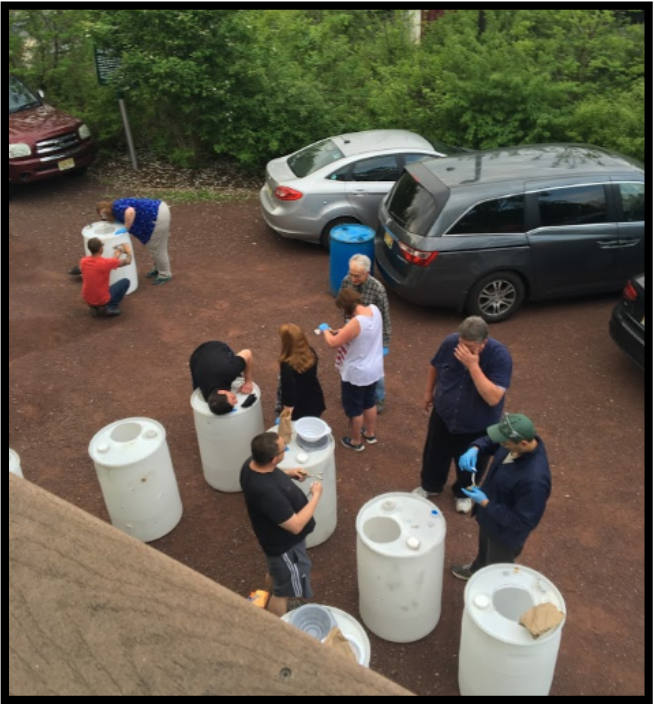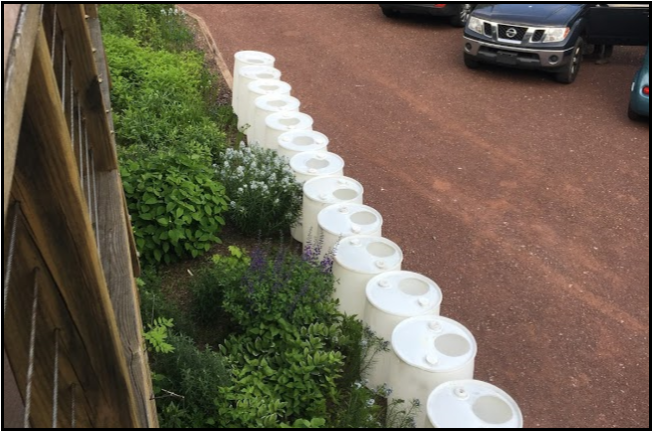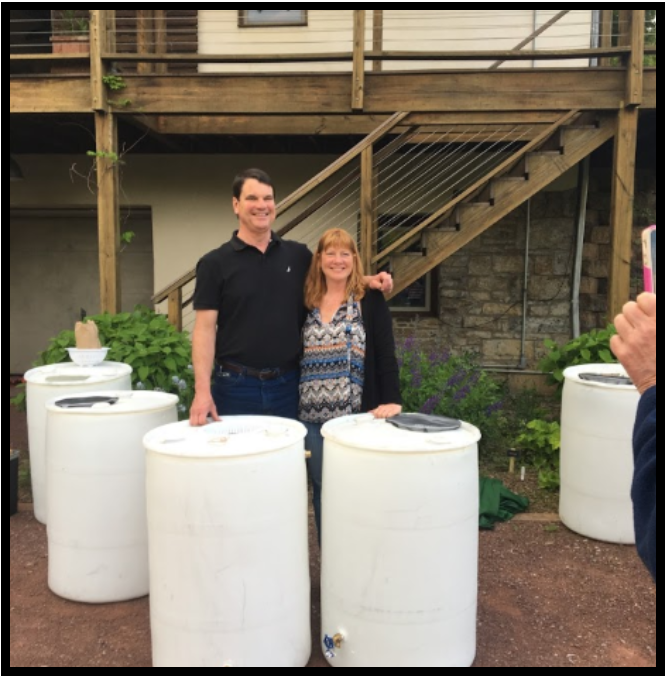Rain Barrel Workshops
- North Jersey RC&D

- Apr 10, 2016
- 2 min read
Between 2013 and 2018 North Jersey Resource Conservation and Development Council (NJRC&D) and partner New Jersey Water Supply Authority (NJWSA) conducted “Build A Rain Barrel workshop throughout the Neshanic Watershed with the aim of educating homeowners to reduce impervious surfaces that may be directly connected to stormwater infrastructure.

LOCATIONS
Raritan Township
Flemington Borough
Delaware Township
East Amwell Township
Hunterdon Medical Center
Flemington Jewish Community Center
THE PROBLEM
In many cases, residences throughout the watershed have their gutter downspouts directly connected to their driveway which then leads to the stormwater conveyance system and ultimately, the Neshanic River. Impervious surfaces increase runoff volume in the stream leading to bank erosion.
Impervious surfaces like roofs and driveways as well as compacted lawns can contribute pollutants, sediments and stormwater volume in a watershed. Not commonly used methods for disconnecting impervious surfaces, rain barrels are an easy and inexpensive way to help reduce area of impervious surfaces that are directly connected to stormwater infrastructure.
Rain barrels were installed throughout the watershed to increase the disconnection of impervious surfaces to the stormwater system. A rain barrel is typically a 55-gallon barrel and is placed under a gutter’s downspout next to a house, small shed or other outdoor structure to collect rain water from the roof.
HIGHLIGHTS
Partners NJRC&D and NJWSA were able to host a total of 8 workshops throughout the entirety of the Neshanic Watershed. At these workshops a total of 116 barrels were built. Disconnecting impervious surfaces can reduce the loading of sediment and pollutants as well and runoff volume in a watershed. Harvesting rain water provides an alternative to utilizing the drinking water supply for gardening and other uses, and the overflow from a rain barrel can be directed to a pervious area (an area where rain water can infiltrate into the ground) such as a lawn or garden and help replenish ground water supplies. Some maintenance required to ensure proper function.
Lack of stormwater pollution awareness hinders the implementation of small scale Best Management Practices (BMPs). Educating the public of these BMPs and providing technical support will help increase usage of rain barrels and creates a population educated on stormwater management.
PARTNERS AND FUNDING
North Jersey Resource Conservation and Development Council received funding for rain barrel workshops from the New Jersey Department of Environmental Protection Water Resource Management, Division of Water Monitoring and Standards, Bureau of Environmental Analysis, Restoration and Standards 319h Grant Program.
NJRC&D partnered with the New Jersey Water Supply Authority to plan and implement these rain barrel workshops






Comments